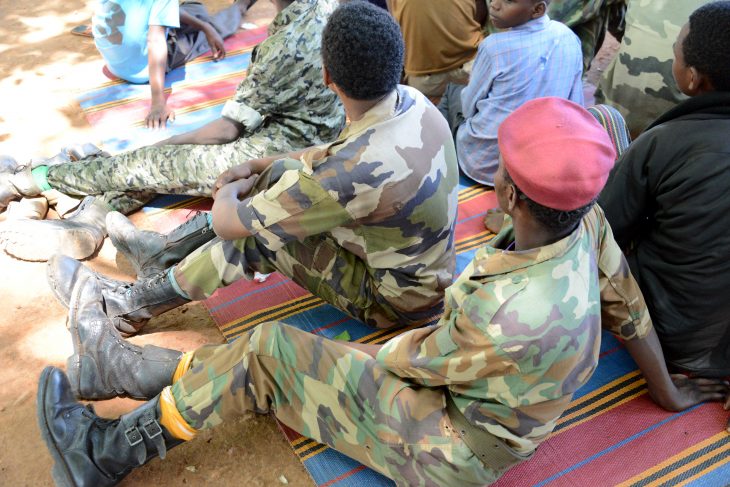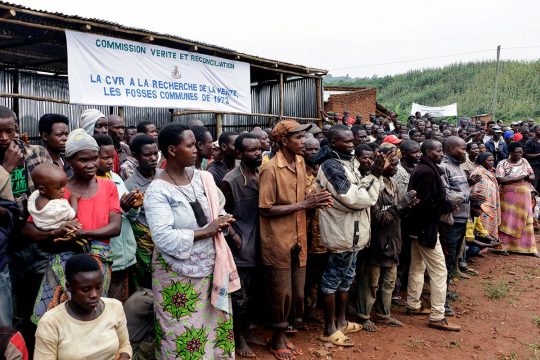The most notable event of the transitional justice week was Burundi’s decision to withdraw its membership of the International Criminal Court (ICC). The country’s parliament, which is subject to President Pierre Nkurunziza, voted overwhelmingly to do so, in the hope that Burundi’s leaders can escape prosecution by the Court for grave violations of human rights. An ICC pull-out by Burundi would be the first in the history of the Court, which has tense relations with African countries that think it is targeting them disproportionately.
Legally this move by Burundi, where there has been a violent crackdown since Président Nkurunziza’s contested re-election in summer 2015, does not protect the regime from Court action. The Rome Treaty, which is the ICC’s founding document, provides for a one-year delay before the decision comes into force, and the ICC can also go after a non-member State if the UN Security Council so requests.
This move underlines the isolation of the regime, which is also refusing to cooperate with the United Nations since the UN Human Rights Council published a damning report making accusations against it.
The September 20 report accuses Bujumbura of serious, systematic and ongoing human rights abuses, saying they could constitute "crimes against humanity". It also warns that “given the country’s history, the danger of the crime of genocide also looms large”.
Ten days later the UN Human Rights Council announced it was opening an investigation, targeting notably 12 members of the Burundian regime including its Number Two, General Alain-Guillaume Bunyoni.
These reactions by the Burundian authorities show that international justice and the ICC, which are often criticized, can have a real impact on leaders who know that they will one day be held to account.
There are similar worries in the Central African Republic (CAR), where the UN expressed concern at continuing violence and the slowness of new President
Faustin Touadéra to introduce some form of transitional justice. “In order to achieve lasting peace and stability, national reconciliation and social cohesion must go hand in hand with efforts to fight impunity,” says UN Secretary General Ban Ki-Moon in a September 29 report to the Security Council. He is concerned that “the fight against impunity continues to be hampered by lack of political will and allegations of double standards”, and calls for “the swift establishment of the Special Criminal Court”. Right now, the CAR is sinking into a new wave of violence, and is very far from establishing rule of law in a country that needs to be rebuilt.
Justice is just as dubious in the Democratic Republic of Congo (DRC). Warlord Gédéon Kyungu Mutanga, who was sentenced to life in jail for “crimes against humanity” and “war crimes” in the south-eastern former province of Katanga, was freed on an amnesty that is as political as it is contested. His liberation was slammed by local NGOs, who stressed that on the other hand “the victims of these militia groups are still waiting for reparations and compensation”.
In the DRC too, child soldiers in Ituri are still waiting for reparations from the ICC. The Court this week held its first ever hearings on reparations, for victims of Thomas Lubanga. This former head of the Union of Congolese Patriots (UPC) was sentenced to 14 years in jail for using children under 15 to fight a war in Ituri, eastern DRC. But more than four years after he was sentenced, the victims – now adults – are still waiting for reparations. For the moment, the Court’s only decision is that reparations will be collective and not individual as the victims had hoped. “That for me is abandoning the struggle and the principles,” said victims’ lawyer Luc Walleyn, adding that this was “a bonus for the convict”. “If they don't receive their own reparations for months spent in the militia, then we will never know the price of that,” he continued. “But at the end, who can put a price on a lost youth?”







